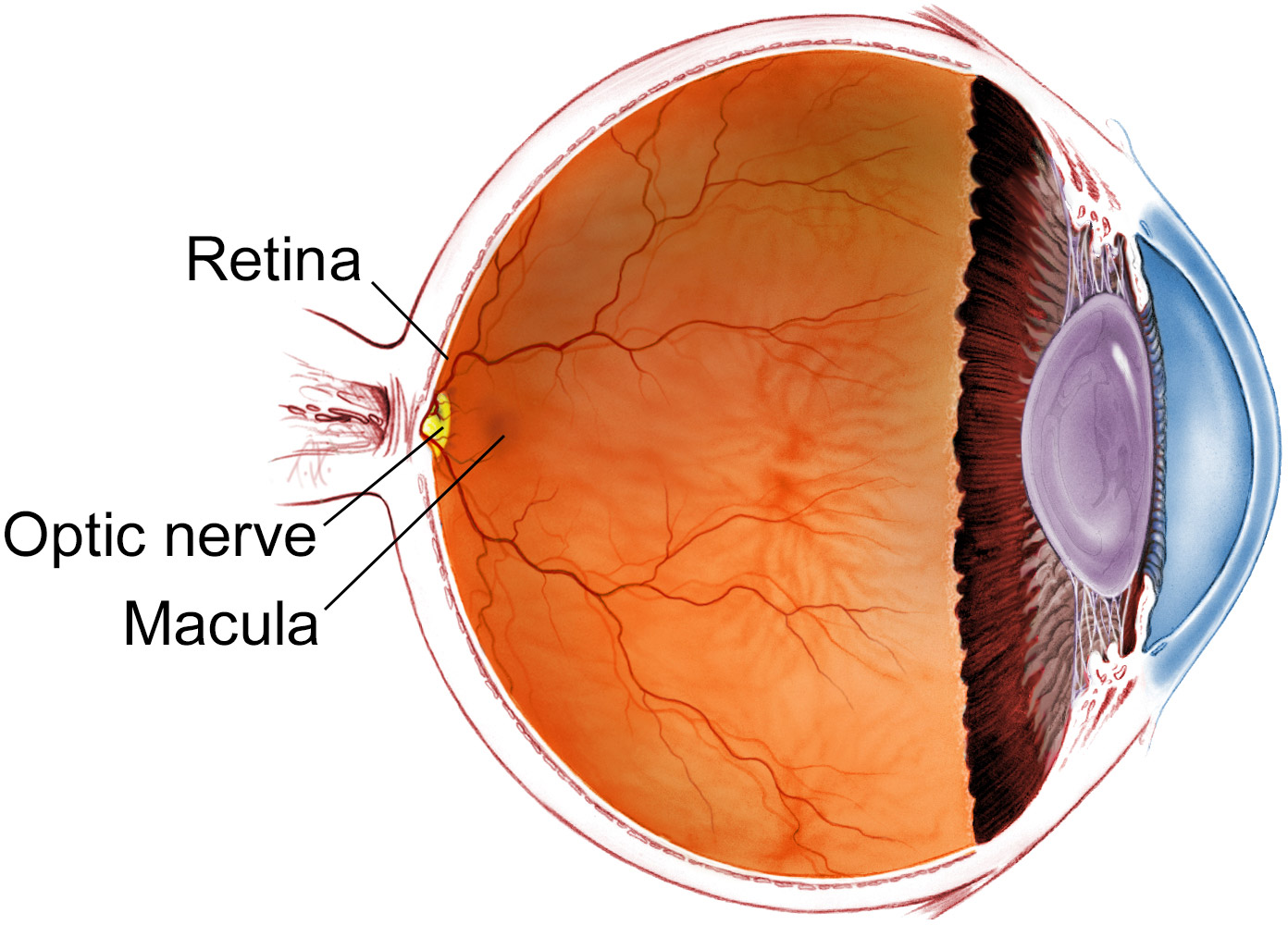Our Services

What is a Retina Specialist?
Retina specialists are highly skilled physicians and surgeons committed to helping people with retinal conditions preserve and improve their vision so they can see for a lifetime. A retina specialist is a medical doctor who has specialized in ophthalmology and sub-specialized in diseases and surgery of the vitreous body of the eye and the retina. This subspecialty is sometimes known as vitreoretinal medicine.The retina is a thin layer of light-sensitive nerve tissue that lines the back of the eye cavity. When light enters the eye, it passes through the iris to the retina where images are focused and are converted into electrical impulses that travel through the optic nerve to the brain resulting in sight.
What does a retina specialist do?
Retina specialists diagnose retinal diseases using highly technical equipment and testing. They work in both hospitals and clinics treating a wide variety of eye conditions in both adults and children. Medical and surgical procedures used by retina specialists are extremely sophisticated, including delicate surgeries on tissue thinner than a butterfly’s wing. Retina specialists treat conditions ranging from age-related macular degeneration and retinal detachment to cancers of the eye. They also treat patients who have experienced severe eye trauma as well as children and adults with hereditary diseases of the eye.
Common conditions and diseases retina specialists treat:
- Age-Related Macular Degeneration
- Diabetic Retinopathy
- Macular Hole/Pucker
- Retinal Detachment
What can I expect during a visit with a retina specialist?
A visit with your retina specialist may last longer than a typical medical visit. To be safe, plan to be at the clinic for about two to three hours. If it’s your first visit, you’ll be asked about your complete medical history and also about any medications you may be taking. Next, your eyes will be dilated so the retina specialist can take a very close look at the back of your eye to check for any problems. Additional tests may be performed and images may be taken to track the progress of any conditions you may have. You may also receive treatments including eye injections during this time. Because your pupils were dilated and stay that way for several hours, it’s a good idea to have a friend or loved one accompany you to your appointment and drive you home when it’s complete.

Phaco Eye Surgery
In Phaco technique, a small incision is placed in the eye, and a hollow Phaco needle is introduced through the opening. On giving energy through the tip of the Phaco needle, the cataract lens gets dissolved and is sucked out through this needle. An artificial lens called a foldable Intra-ocular lens is now injected through this small opening. Once inside the eye, it opens up and serves to replace the original lens. Since the eye-opening is very small and designed specially, it self-seals, and no sutures are required. Hence this procedure is also popularly known as “Stitchless” cataract surgery.

Glaucoma
Glaucoma is a condition that damages your eye's optic nerve. It gets worse over time. If the damage worsens, glaucoma can cause permanent vision loss or even total blindness within a few years. Most people with glaucoma have no early symptoms or pain. Visit your eye doctor regularly so they can diagnose and treat glaucoma before you have long-term vision loss.
Glaucoma Risk Factors:-
It mostly affects adults over 40, but young adults, children, and even infants can have it. African American people tend to get it more often, when they're younger, and with more vision loss.
You’re more likely to get it if you:
- Are over 40
- Have a family history of glaucoma
- Are nearsighted or farsighted
- Have poor vision
- Have diabetes
- Take certain steroid medications such as prednisone
- Take certain drugs for bladder control or seizures, or some over-the-counter cold remedies
- Have had an injury to your eye or eyes
- Have corneas that are thinner than usual
- Have high blood pressure, heart disease, diabetes, or sickle cell anemia
- Have high eye pressure
Glaucoma Symptoms
- Seeing halos around lights
- Vision loss
- Redness in your eye
- Eye that looks hazy (particularly in infants)
- Upset stomach or vomiting
- Eye pain




